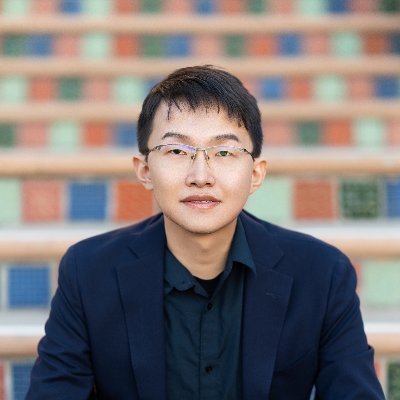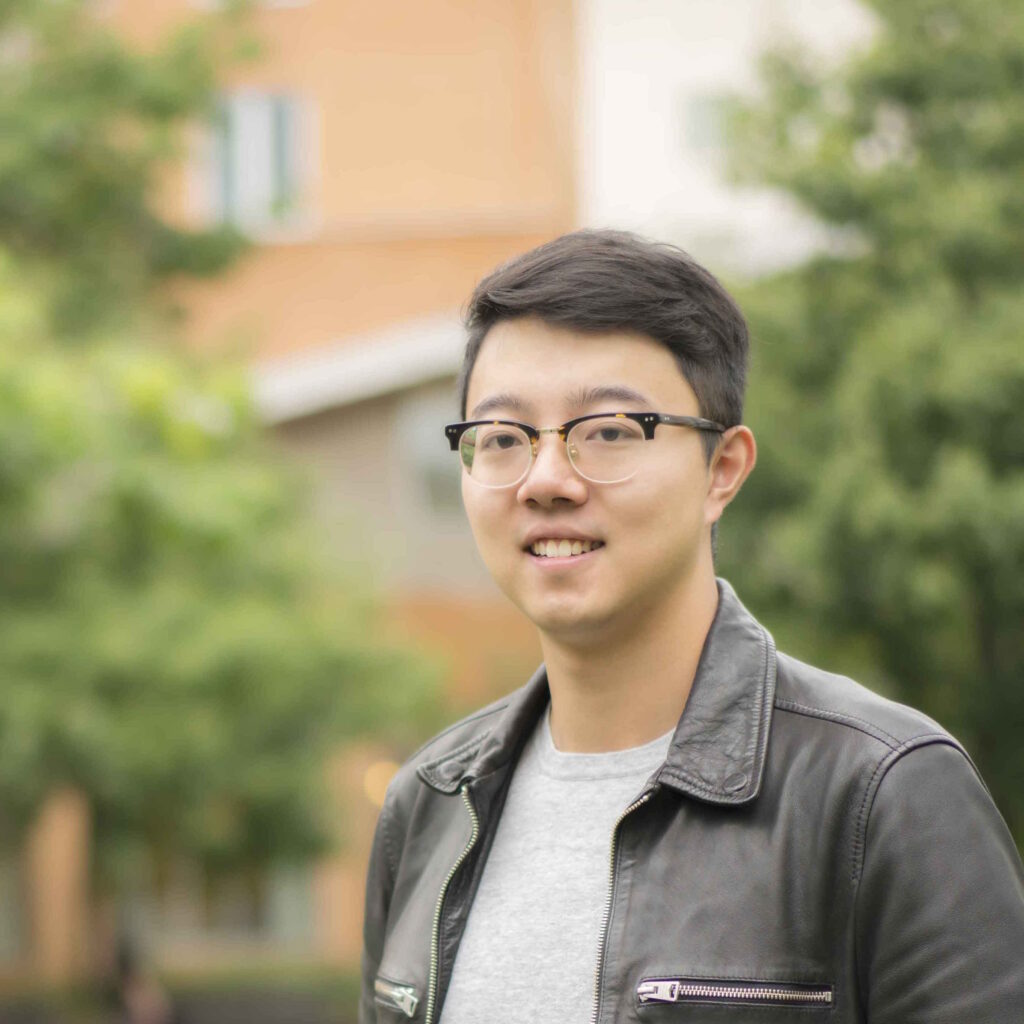
Assistant Professor Gushu Li has been honored with the prestigious NSF Career Award, signaling a groundbreaking venture into the world of quantum computing. The central challenge Gushu is tackling revolves around creating programming systems that can support larger-scale quantum computers. Imagine our current systems as tailor-made for small prototypes, limiting the true potential of these advanced quantum machines.
The focus of Gushu Li’s research is on enhancing the way we write and execute programs for quantum computers. The obstacle lies in the fact that existing systems are like specialized tools for small tasks. They are not equipped to handle the complex demands of larger-scale quantum computers. To address this, Gushu is essentially upgrading the software that controls quantum computers, making it smarter and more adaptable.
The NSF Career Award doesn’t just fuel groundbreaking research but also enables Gushu Li to expand the team. New graduate students will be brought in to contribute to related projects and help build the proposed software improvements. Beyond the technical aspects, Gushu is also committed to sharing knowledge and raising awareness. The award will support the creation of two courses focused on quantum computing. They won’t just be for tech enthusiasts, but for anyone interested in understanding this cutting-edge technology.
Additionally, Gushu Li plans to be part of existing outreach programs. Introducing quantum computing concepts to students at various levels is important to expose young minds to all academic options. The interdisciplinary nature of this research, blending computer science, math, physics, and engineering, underscores its significance in advancing our understanding of how we can manipulate the very building blocks of the universe. Gushu and the team are on a path to making meaningful contributions, thanks to the support provided by the NSF Career Award.
To learn more about quantum computing, visit: Penn Center for Quantum Information, Engineering, Science and Technology (QUIEST)
